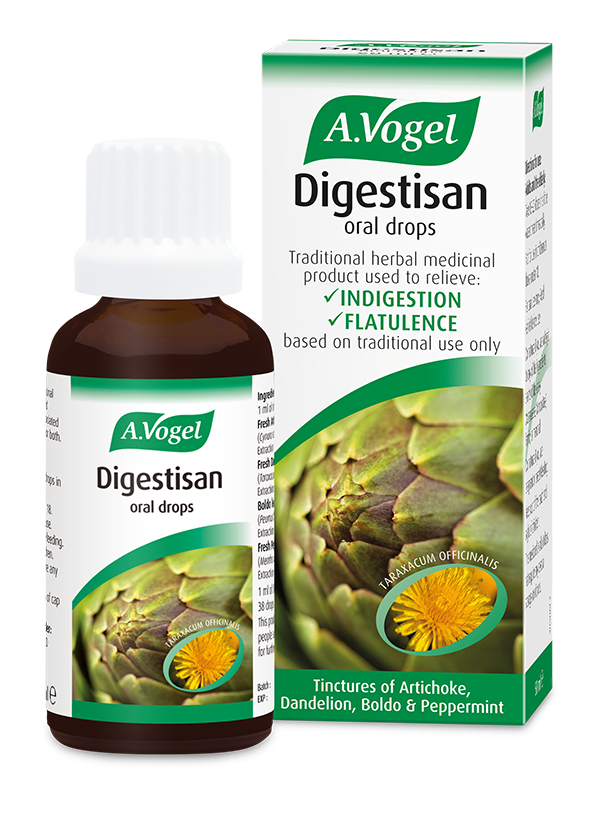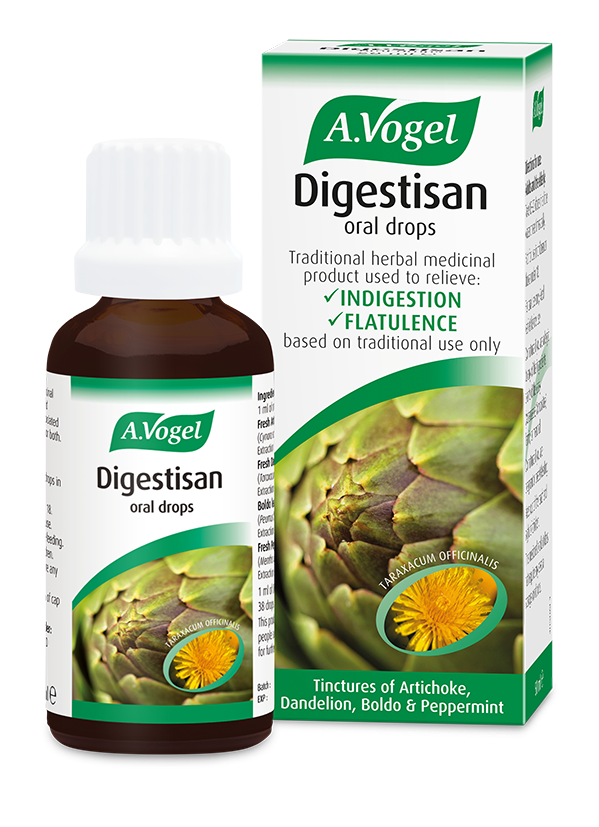What is silent reflux?
Silent reflux has similarities with acid reflux, although it’s often harder to identify! Much like acid reflux, silent reflux involves the acidic contents of our stomach travelling backwards, up into our oesophagus and often as far back as our throat, causing us problems as it goes.
Traditionally silent reflux was more common in babies, before parts of their digestive system were fully functional, but nowadays with questionable eating habits, changing lifestyle habits, more stress and weaker stomachs, silent reflux is making a bit of a comeback and is affecting more and more of us, particularly as we get older.
As silent reflux isn’t as easy to spot as acid reflux (some of the typical symptoms you might expect such as heartburn aren’t always apparent), it can often go unnoticed for some time and give rise to more chronic symptoms – many of which we wouldn’t necessarily associate with our stomach! Read on to help identify some of these and get to grips with how we can take control and start managing your symptoms.
What do some of the symptoms look like?
Although heartburn is perhaps a more obvious symptom of conditions such as acid reflux, when it comes to silent reflux, the symptoms are often harder to identify – hence the name! In saying that, there are still some tell-tale signs that could suggest silent reflux is at play:
Feeling like you have a lump in your throat – although the strange sensation of having a lump in your throat could be linked to a number of different conditions (you should always have this checked by a doctor), in some cases it can be linked to silent reflux. As the acidic contents of your stomach leak upwards, they can cause the mucous linings in and around the throat to become inflamed and swollen, which can give rise to uncomfortable the ‘lump in the throat’ sensation.
Persistent cough or hoarseness – if you have a persistent cough with no obvious cause, then it could be a sign of silent reflux. Hoarseness, or even a slight change in your voice, could also suggest the structure of your larynx or voice box has changed slightly and the acidic contents of your stomach leeching up over time, may have affected it.
Bitter taste in your throat – as the acidic contents of your stomach make their way backwards up towards your mouth they can both irritate and leave a sour taste in your mouth – quite literally!

Trouble breathing – if you have trouble breathing or any other surprising symptoms such as wheezing, whether you’re asthmatic or not, it could also be a sign that some silent reflux is at play. Chronic leakage of gastric contents in the wrong places can easily affect the structure of the laryngopharynx; the junction where food and air bypass each other as we swallow and breath. Ask your doctor to investigate any unusual symptoms further.
Postnasal drip – postnasal drip is a common problem but for many the underlying cause is unclear and they can struggle to get their symptoms under control. Could it be linked to your stomach? If you feel the constant need to clear your throat, then reflux could be adding to the problem.
Belching – belching is a common symptom of low stomach acid and this symptom often goes hand in hand with silent reflux. To help identify if low stomach acid could be a problem for you, why not take some of our simple home tests.
Trouble swallowing – you may be surprised to know that trouble swallowing could also be linked to your stomach. Chronic silent reflux can upset the structure of your laryngopharynx and throat and as this changes, it can affect your ability to swallow. If you find you have trouble swallowing it’s time to go the doctor, but supporting your stomach may also be worth considering.
Is medication helping or hindering?
Interestingly, for many with stomach complaints a trip to the doctor will result in a prescription of proton pump inhibitors (PPIs) or an equivalent, in a bid to decrease acidity in the stomach and ‘improve’ symptoms. However, if you feel the medication isn’t working for you then you aren’t alone, but why?
Contrary to popular belief, as we get older (not to mention in times of stress) the secretions of our stomach can become compromised. Low stomach acid can create symptoms similar to too much and as the pressure of the stomach changes, the functioning of the lower oesophageal sphincter (LOS) can become altered, and reflux can soon emerge.
If you are on medication and your symptoms aren’t improving, it’s always worth discussing this with your doctor. Remember, many medications shouldn’t be taken long-term and may even be associated with other health complications. Our aim when it comes to silent reflux is to tackle the underlying cause of the problem, rather than trying to mask the symptoms (which may not be proving successful in many cases anyway!).

What else can be done to help?
If you suspect silent reflux is at play, a number of simple steps can be taken to help get your symptoms under control.
Start by making some changes at home
Much like the advice for acid reflux, diet, lifestyle and eating habits can all help to get symptoms of silent reflux under control. Reducing dietary triggers such as red meat, alcohol, spicy foods or caffeine may be helpful, but looking at how you eat could help too. Eating slowly, chewing properly and not overeating are all helpful routines to try and adopt. Then, it goes without saying that reducing unhelpful habits such smoking or lying down soon after eating can also help to manage your symptoms, as can managing your weight.
Try out some herbal bitters
Bitters help to support the natural secretions of your stomach, and let’s face it – our diets are definitely severely lacking in bitter components nowadays! Sweet tastes have definitely taken over instead. Taking a bitter remedy such as Digestisan consistently before meals may help to spur your stomach into action.
Top up your levels of zinc
Zinc is important for a number of essential processes within the body and as our modern lifestyles incorporate lots of stress, processed foods and medications, this can quickly drain our stores of this essential mineral. Zinc helps to support the expression of the hormone gastrin in the stomach which in turn, helps to regulate the function of the LOS. Improving the functions of the LOS with the help of a zinc supplement can make a huge difference if you struggle with symptoms of silent reflux.

Silicol® Gel for slip ups
For managing any flare ups in your symptoms, Silicol® Gel can be useful. It can help to safely dampen the effects of the extra acidity in your throat and beyond, but without upsetting the balance of acidity in your stomach longer-term. Take 30 minutes before meals for best effects.










